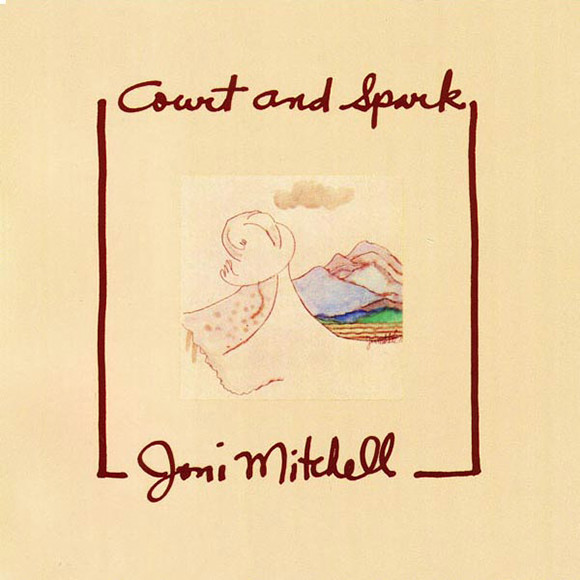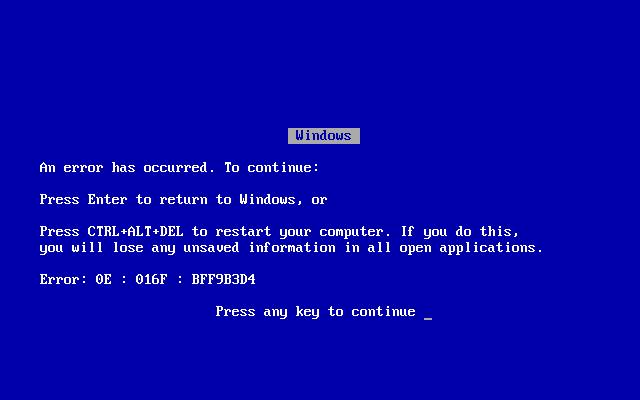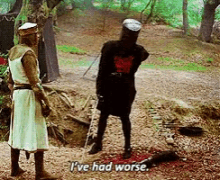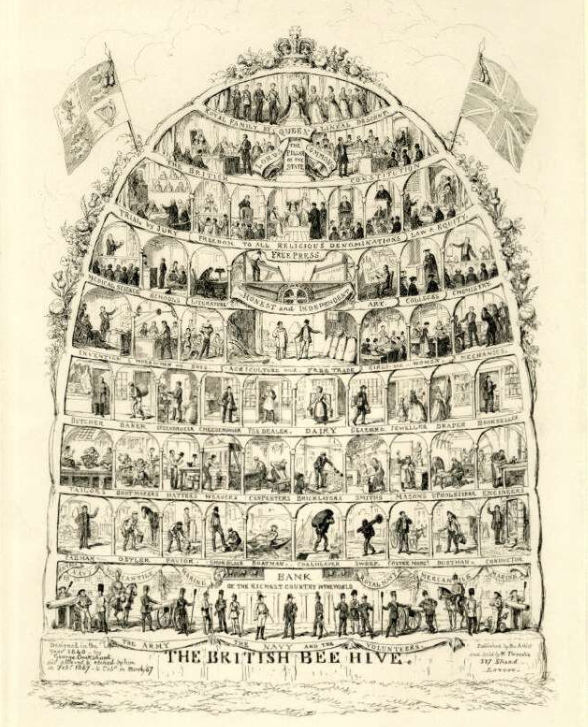Tags

Why?
During the last year or so of his life, my dad—who was dealing with Stage IV colon cancer—lost his balance in the shower and had a heavy fall. When I heard of this I asked him why he didn’t have grab rails or a shower seat or some such. At 35, I felt incumbent on me as the Eldest Child to try to talk some sense into him. You’re dying of cancer, dad; you’re taking morphine, doing chemotherapy, you’re not the same as you were in the 70s. Be smart.
I was thinking about all this while in the shower the other day. I am now the age my dad was when diagnosed at Stage IV—61. I have had multiple health issues, and have had to run to the hospital a few times for various issues. (One time in an ambulance, which seemed overkill given I had driven myself to the urgent care clinic just fine.) I am definitely not the physical specimen I was at 25. Or even 45. And I had an epiphany as to why my dad refused to get a shower chair:
“Fuck that.”

Yes, just that; “Fuck that” I have plenty of maladies that should require me to be careful. And I am careful: I go to all my doctors’ appointments; I take so many medications my youngest is constantly amazed I can keep mine and hers straight; I avoid red meat, caffeine, processed sugar, and alcohol; I exercise regularly. Even so, there is plenty of reason for me to be cautious, to present a slightly more delicate facade to the world, so why don’t I?
Because fuck that, that’s why.
There are several parts to this, some of which heigh back to toxic masculinity. Some of which are because of the way folks my age were raised—”Go play outside, and don’t come back until dinner!”. Some are to avoid getting ostracized by society (and at work!) as “that old guy”. And some are just plain, in-bred stubbornness that I inherited from my dad; “The two most stubborn men I’ve ever met in my life,” my step-mother insisted. (I like to think of it as being resilient, but your mileage may vary.)
Anyone who has paid attention during the last 20 years knows that toxic masculinity has nearly as many negative impacts on men as it does women. Women are marginalized and suppressed; this is obvious. Men, on the other hand, tend to be repressed, especially emotionally. (There are other reasons for this, such as weaponization of men’s feelings against them, but that’s a tale for another time.) We are taught from a young age to not show pain or emotion, that we’re “wimps” or “pussies” or “faggots” (a huge insult when I was a kid) if we do. Not to share our thoughts. To just do what we’re told or required, and shut the fuck up about it if we don’t like it.
When I say, “taught”, I obviously don’t mean in the traditional sense, where a teacher got up and chalked “Don’t complain!” on a blackboard. No, I’m talking about hundreds of influences from media and the adults around us that added up to it. “Rub some dirt in it”; “don’t be a crybaby”; “no pain no gain”; “walk it off”; and on and on.
The latter, baffled me from the first time I heard it at age 8, when I was hit in the ‘nads with a practice ground ball that hopped up on one of the multitudinous rocks peppering our crappy little league infield. I buckled over in pain. The coach strolled over and said, “Just walk it off.” And even at 8 that made zero sense. “Walk it off?” I thought. “I got hit in the balls, not in the legs! What good is that going to do?” And of course, it didn’t do any. Other than to teach me to “not be a wimp.”

Just walk it off, dude!
This is how toxic masculinity creeps like poison gas into your brain while you’re not watching, taught to you by all the adults around you.
And of course my generation is now famous for playing outside and getting our water from garden hoses. And this isn’t an exaggeration; that’s what we actually did, especially during the summer. “Go outside and play,” was probably one of the most-common parental commands in my day. Right behind, “Stop crying or I’ll give you a reason to cry,” and “Don’t make me pull this car over”, and (one of my dad’s favorites) “I don’t care who started it, I’m stopping it!” (Are you seeing a pattern here?)
I’m not blaming my parents; they were really good parents, they didn’t spank, they weren’t neglectful, they clearly loved us, and they did their level best. Frankly, they were better than most. It was the social construct at the time.
So now my body is falling apart, and when something goes wrong, my instinct is not to ask for help, or complain about it, but to deal with it myself so I don’t “look like a wimp.” Which has caused me to do some fairly insane things such as driving myself to urgent care while literally screaming in pain from kidney stones; taking my youngest to his therapy session even though I could barely get out bed; drive into work when I had the stomach flu; and more. And I’m positive many men of my generation have done similar nutty things. (Heck, my boss the other day was just talking about walking around while in excruciating pain from a nasty foot injury.)
As a result, I finally understand my dad. He was on chemo; he was taking tons of meds; he had Stage IV cancer and was literally staring death in the face; and when it came to making things a little easier on himself in ways that made him look at all weak (and adding in the fact he was born in the middle of the Great Depression), I can easily imagine his mental state:
“Fuck that.”
If you’re wondering why your boyfriend, brother, dad, or whatever other male you know seems to be acting irrationally, just keep it in mind. That’s all I’m saying.
And I still miss him. To this day.





















